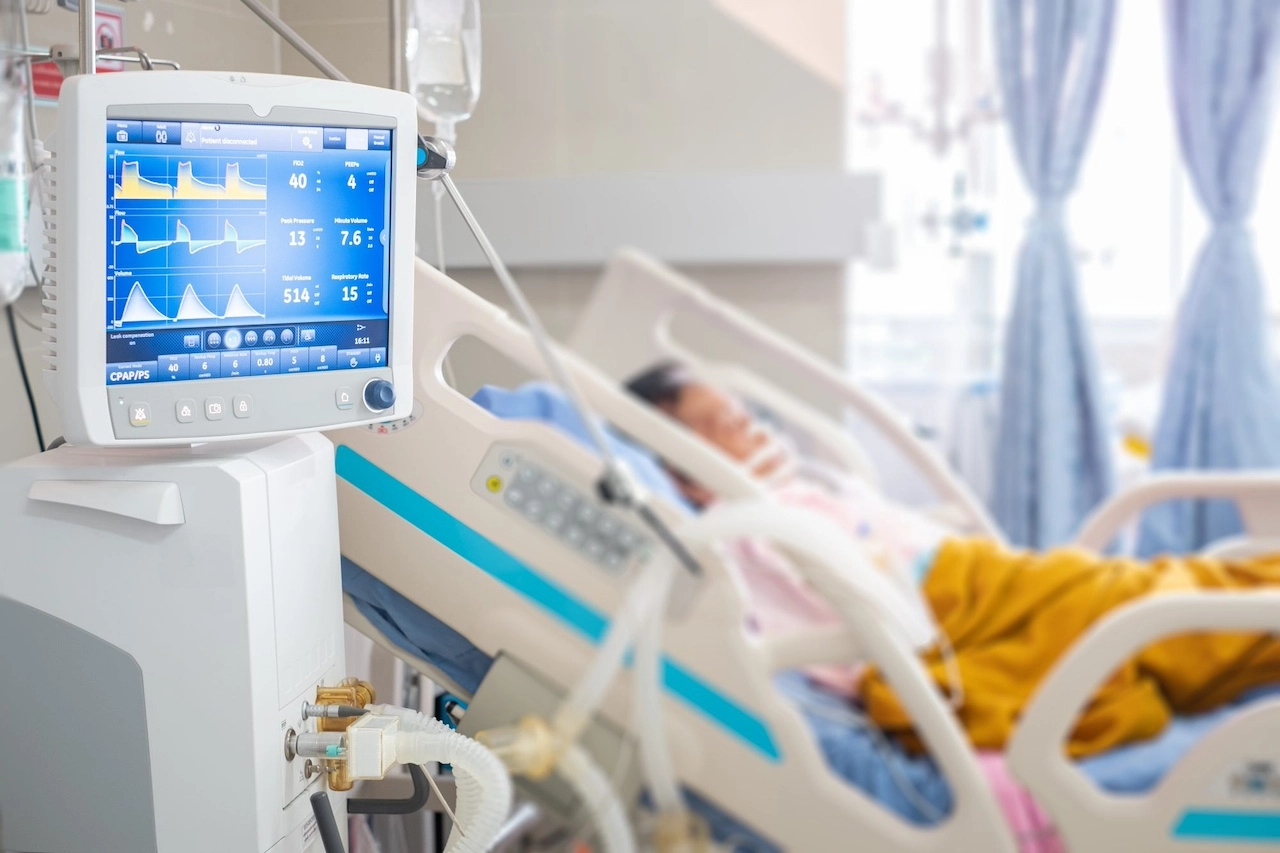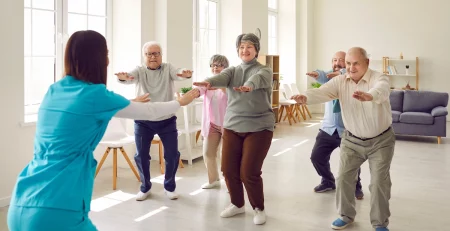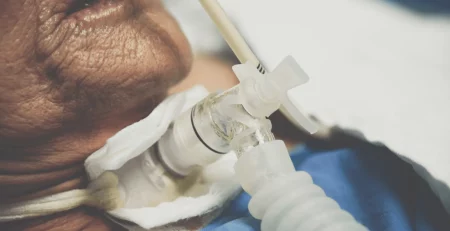The journey from ventilator dependence to breathing independently is a significant milestone, and it’s a path that can be both challenging and rewarding. Weaning from ventilators requires careful planning, expert guidance, and a supportive environment. In this comprehensive guide, we’ll explore the key aspects of this journey to empower both patients and their families.
1. Understanding Ventilator Weaning: Weaning from a ventilator involves gradually reducing the reliance on mechanical ventilation until a person can breathe independently. The process can vary in duration and complexity depending on the individual’s condition.
2. The Importance of Assessment: Before weaning can begin, a thorough assessment is crucial. This includes evaluating the patient’s respiratory function, identifying any underlying conditions, and determining the appropriate weaning method.
3. Collaborative Care Team: A multidisciplinary care team plays a vital role in the weaning process. This team often includes respiratory therapists, pulmonologists, nurses, and other specialists. Their collective expertise ensures a holistic approach to care.
4. Customized Weaning Plans: There is no one-size-fits-all approach to weaning. Customized weaning plans are developed for each patient, considering their unique medical condition, respiratory capacity, and progress.
5. Monitoring and Adjustments: Weaning is a dynamic process. Continuous monitoring and regular adjustments to the weaning plan are essential to ensure the patient’s safety and progress.
6. Ventilator Modes: Weaning may involve changing the ventilator modes or settings to gradually reduce support and encourage natural breathing. Patients may transition from full ventilator support to modes like pressure support ventilation.
7. Breathing Exercises: Respiratory therapy and exercises play a significant role in the weaning process. Patients are guided through exercises that help strengthen respiratory muscles and improve lung function.
8. Psychological Support: Weaning can be emotionally taxing for patients and their families. Providing psychological support and counseling is an integral part of the process.
9. Family Involvement: Families are encouraged to actively participate in the weaning process. Their support, presence, and understanding are vital for the patient’s emotional well-being.
10. Celebrating Milestones: Every small achievement along the weaning journey is a reason to celebrate. Whether it’s a decrease in ventilator support or a successful trial of unassisted breathing, each milestone signifies progress.
Weaning from ventilators is a journey that requires patience, dedication, and expert guidance. At Respira Adult Care, we understand the complexities of this process, and our experienced team is dedicated to providing the necessary support and expertise to help patients achieve their goal of breathing independently.
We believe in a personalized, compassionate, and holistic approach to weaning. Our facilities are equipped with state-of-the-art technology, and our multidisciplinary team ensures that the weaning process is as safe and comfortable as possible.
If you or your loved one is on the path to ventilator weaning, know that you’re not alone. We are here to guide you through every step of this journey, empowering you to reach that remarkable milestone of independent breathing. Your journey begins with us, and we are committed to supporting your progress.







